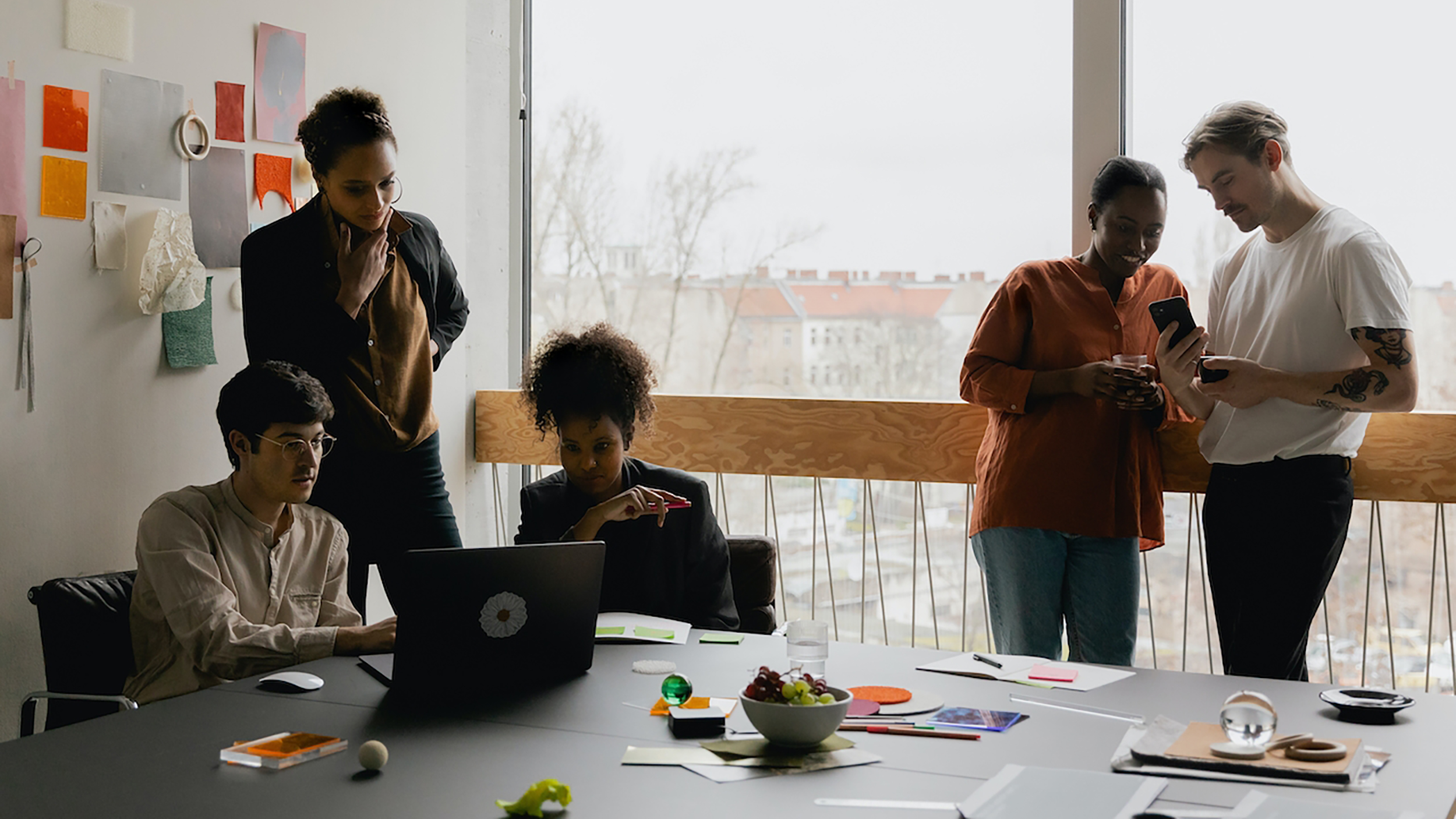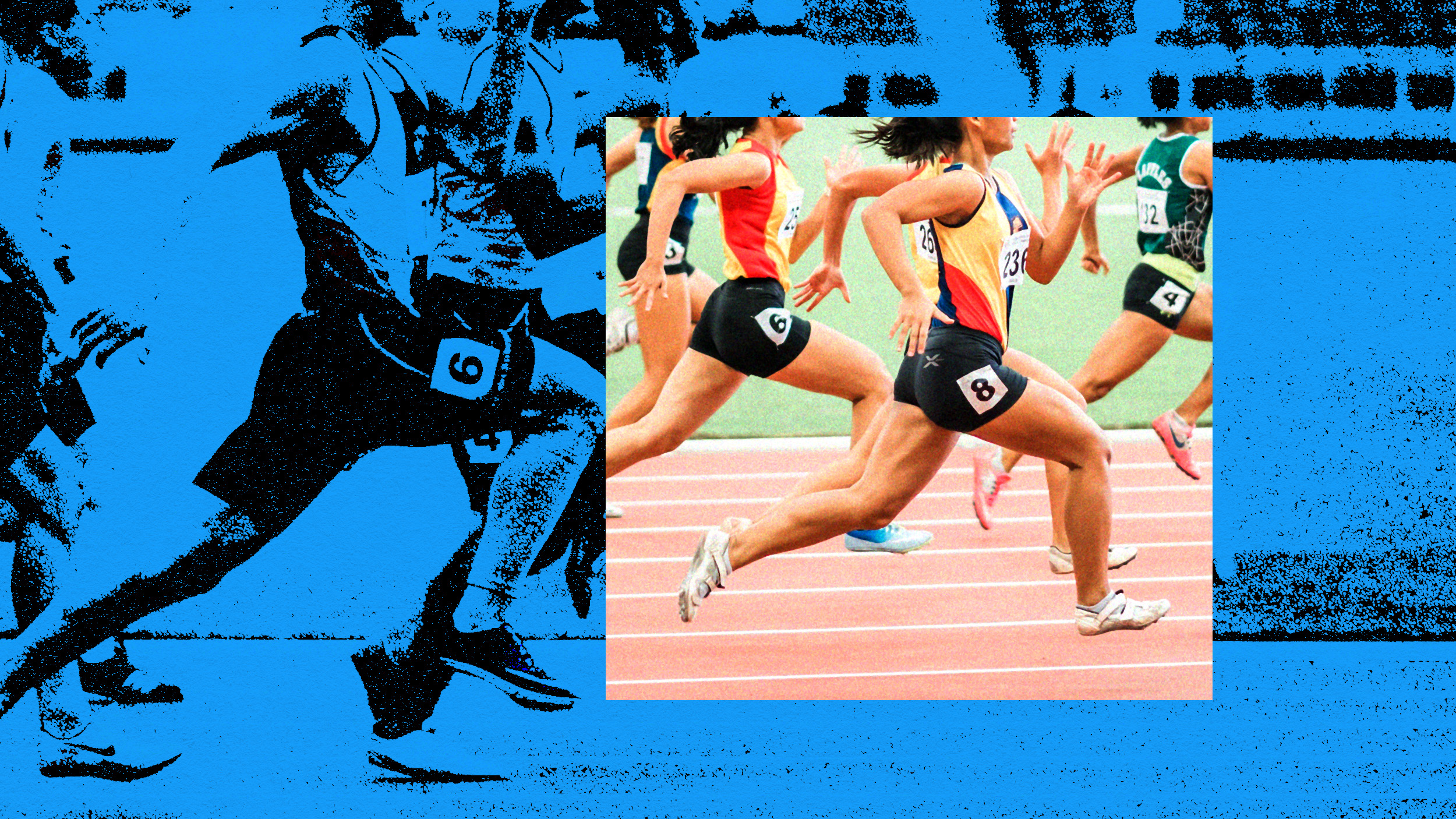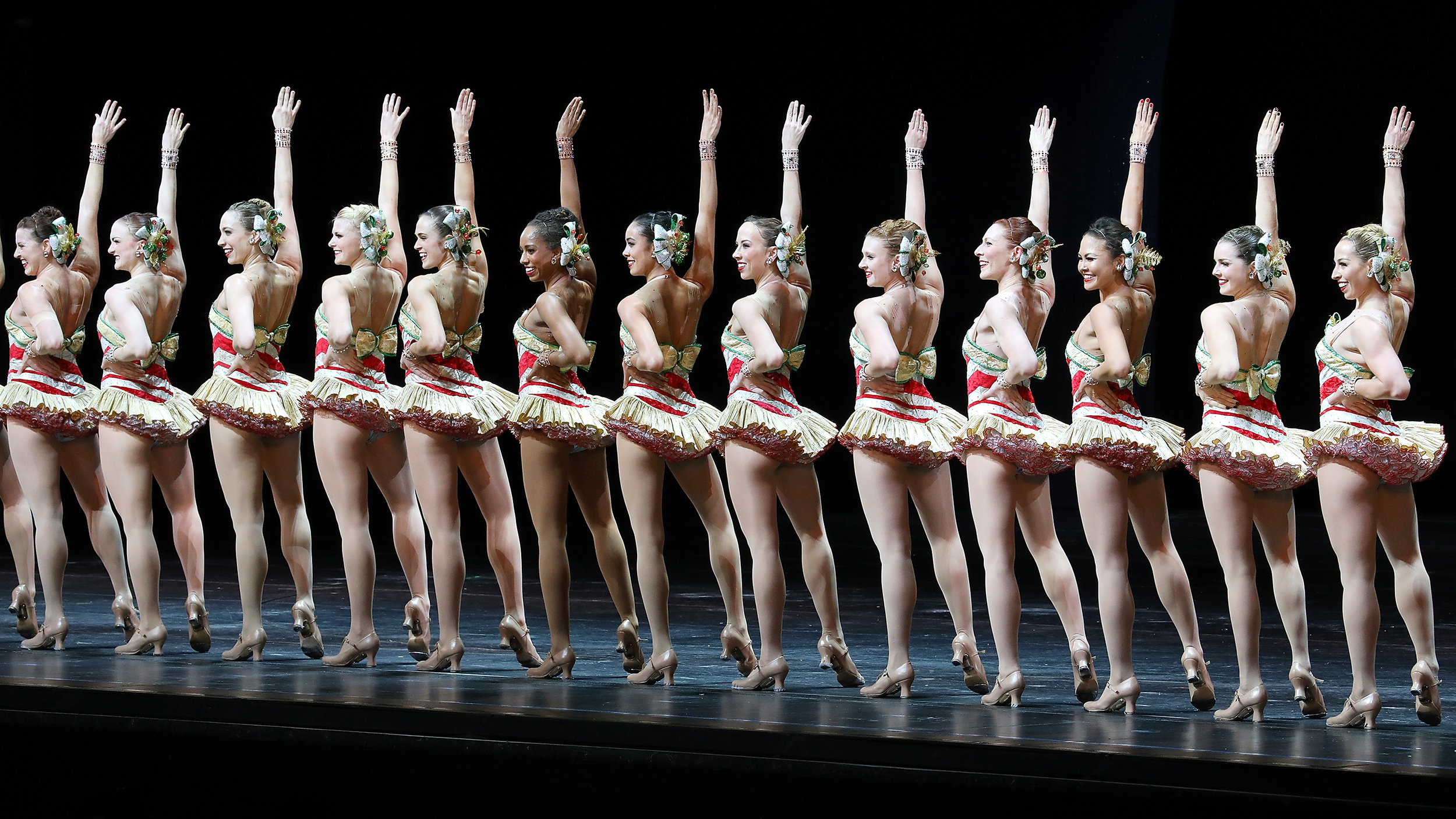How the neuroscience of fandom can strengthen company culture

- Research supports the benefits of creating more expansive identities that highlight our commonalities.
- We can also circumvent biases when we think about someone as an individual, rather than through the lens of their group identity.
- Imagining a person’s own tastes and preferences increases opportunities for kinship and collaboration.
People sometimes say a diverse country like the United States is a “melting pot” for culture, but this metaphor suggests blending everyone’s identities into a big stew of sameness. Instead, I prefer the metaphor of a “garden salad” that’s filled with all kinds of vegetables and, when tossed together, create a dynamic explosion of flavor and texture in your mouth. A garden salad honors the uniqueness of each ingredient (or in this case, person), while also recognizing that putting it all together makes the whole better than the sum of its parts. And incidentally, research has found that talking about vegetables can actually help us let go of our biases.
Two psychologists, Mary Wheeler and Susan Fiske, conducted a study where they asked white participants to look at Black faces and sort them into one of two groups by determining whether they were older than 21 years old, or younger. When participants did this, Wheeler and Fiske saw activity spike in the participants’ amygdala, the area of the brain that’s associated with fear and feelings of threat. However, when the white participants were asked to imagine whether the people in the photos preferred a certain type of vegetable—broccoli or carrots—they didn’t show the same spike in their amygdala. Wheeler and Fiske argue that this is because they saw the person pictured as an individual, with their own tastes and preferences, rather than as a member of a monolithic group. In other words, when we think about someone as an individual, rather than through the lens of their group identity, this helps circumvent the kinds of biases that can activate the fear center of our brain.
A good practice in general: When you meet or get to know someone who is different from you, try to individuate them by learning something specific, such as what vegetable they prefer. Are you into broccoli or carrots? (By the way, carrots all the way for me). This doesn’t have to happen in live conversation—it can be awkward to ask someone about their vegetable preferences at a business conference (trust me, I’ve tried), but you can individuate someone even by using your imagination. Before talking with someone who seems different from you, imagine whether they are more of a broccoli or a carrot kind of person. It doesn’t actually matter if you’re right—the point is to see them as an individual with particular quirks or characteristics that make them unique.

This mental trick you can play—looking at the individual and imagining their own tastes and preferences—produces “The Garden Salad Effect.” It reduces that activity spike in your amygdala and might make you less fearful when approaching someone who seems different than you. And remember, you’re unlikely to know which people you hold unconscious biases against, or all the groups that someone is a part of, so it’s not a bad idea to make this a general practice with every new person you meet. If they don’t like vegetables, you can ask them about other preferences such as whether they’re more of a beach or mountain person, or whether they like dark or milk chocolate better.
While seeing someone as an individual with their own preferences is one way of combating biases, you can also accomplish this by creating an expansive and shared identity. Research suggests that when we do this, without necessarily suppressing what makes us different, we can challenge the biases we hold toward other people. We move out of an “us versus them” mentality where we sort into separate groups, and instead move into a larger “we” that encapsulates all of us. For instance, while you may have different politics than someone, you might both be active contributors in your community. While you might have different approaches on how school funding should be spent, you could both be passionate and committed parents. Trite as it may sound, the truth remains that we have far more in common than not.
In one study, British researchers recruited a group of Manchester United fans. Then they hired an actor to jog and fake an injury in front of each research participant who did not know the injured jogger was a part of the experiment. The actor was wearing either a Manchester United jersey or one from the rival Liverpool Football Club. They found that when the actor wore a Manchester United jersey, the research participant was more likely to help the injured jogger compared to when the actor wore a jersey of their rivals. In a follow-up experiment, though, things got more interesting.
We can’t just focus on how we’re all individual vegetables, we have to remember that together, we make the whole damn salad.
The researchers first reminded a new set of participants about their broader identity as a fan of soccer—not just for their favorite team. They also emphasized the positive aspects of being a soccer fan—which is kind of what the World Cup tries to accomplish by bringing countries together. Being reminded that they’re soccer fans highlighted a common identity they shared, which is a level up from being just a fan of a single team. This common identity encompassed people who root for any team and reminded them all of their shared love of soccer. Sure enough, when these participants who were primed as a soccer fan saw the injured jogger, they helped the actor who was wearing a Liverpool jersey just as much as the one who wore a Manchester United jersey. (Interestingly, and further proving the researcher’s point, they rarely helped the jogger who wasn’t wearing a soccer jersey at all.) Because they were reminded of their more expansive identity of being a soccer fan, it made them more empathetic and helpful toward all soccer fans, even those who rooted for a rival team.
As you can imagine, this has implications not just for soccer, but for other aspects of society where we sort into groups, such as religion or politics. By creating more expansive identities that highlight our commonalities, we can interrupt the biases we might have otherwise held toward another person who doesn’t cheer for the same team as us. In other words, we can’t just focus on how we’re all individual vegetables, we have to remember that together, we make the whole damn salad. Also, this research reminds us that if you’re planning to get injured on your next run and want to actually receive aid, you should probably wear an “I AM A SPORTS FAN” shirt to cover all your bases.





